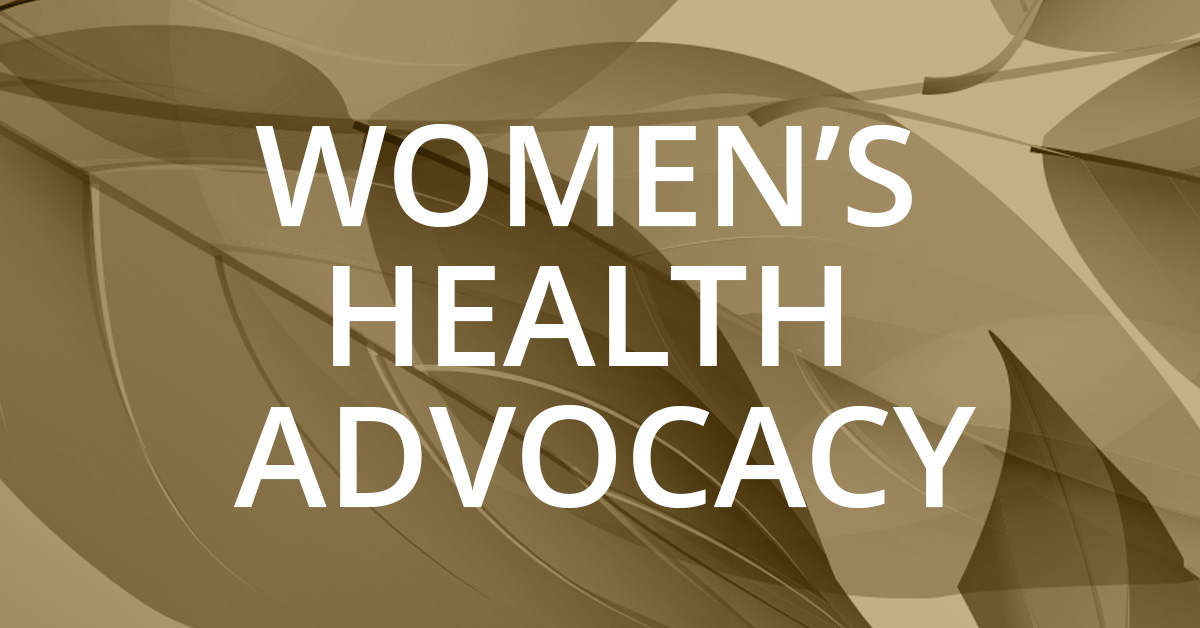I know it is not Monday, but today is World Menopause Day. According to the International Menopause Society (IMS), the theme for World Menopause Day 2023 is Cardiovascular Disease.
Let’s celebrate this day by raising awareness!
Most women believe that breast cancer is the number one cause of death and disability in women. However, it is cardiovascular disease. According to the World Health Organization, “Cardiovascular disease is responsible for 35% of deaths in women each year – more than all cancers combined.”
Understanding the Link:
Menopause marks the end of a woman’s reproductive years, typically around 50. During this phase, hormonal shifts, including a decline in estrogen levels, can profoundly impact various bodily functions, including the cardiovascular system. (This also can happen surgically after a partial or full hysterectomy, which includes the removal of one or both ovaries). Estrogen plays a vital role in maintaining healthy blood vessels and controlling cholesterol levels. As estrogen levels drop, it can lead to changes in blood vessel structure and function, potentially increasing the risk of heart disease.
Key Factors Contributing to Heart Disease During Menopause:
- Health History: You might be surprised to learn that many factors can impact a woman’s chances of developing cardiovascular disease later in life, such as the age of menstruation, complications during pregnancy, and breast cancer treatments. For more details on this, read the IMS white paper.
- Cholesterol Levels: With declining estrogen levels, there can be an increase in low-density lipoprotein (LDL) cholesterol, often referred to as “bad” cholesterol. Elevated LDL cholesterol is a significant risk factor for heart disease.
- Blood Pressure: Menopausal women may experience increased blood pressure, raising their risk of heart disease and other cardiovascular issues.
- Weight Gain: Are you a member of the sisterhood of the shrinking pants??? You are not alone. Many women notice weight gain during menopause, especially around the abdomen – fondly referred to as the muffin top. This increase in body fat can also contribute to heart disease risk.
- Metabolic Changes: Hormonal changes can lead to insulin resistance, making it more challenging to control blood sugar levels, which can increase the risk of diabetes and heart disease.
- Inactivity: Menopause can bring on symptoms such as fatigue and mood swings, which may discourage physical activity, a crucial component of heart health.
- Mood and behavioral changes: Hormonal fluctuations during menopause can lead to mood swings, irritability, and even depression. These emotional changes can indirectly affect cardiovascular health through lifestyle choices.
Protecting Your Heart During Menopause:
- Healthy Diet: Focus on a heart-healthy diet rich in fruits, vegetables, whole grains, lean proteins, and low-fat dairy. Limit saturated and trans fats, as well as added sugars and salt.
- Regular Exercise: Aim for at least 150 minutes of moderate-intensity aerobic activity per week. Grab a loved one or a friend and go for a walk! In addition, include some strength exercises (you can use your body weight, bands, and light weights) and balance exercises in your weekly routine. You don’t need an expensive gym membership to accomplish this. Exercise helps maintain a healthy weight, lower blood pressure, and boosts your mood!
- Lifestyle Modifications: Avoid smoking and limit alcohol intake. Both habits can significantly increase your risk of heart disease.
- Stress Management: Practice stress-reduction techniques such as meditation, deep breathing, or yoga to help manage the emotional challenges that can come with menopause.
- Medical Evaluation: Yearly check-ups and proper heart health testing with your Menopause Specialist are crucial. Research has shown there are potential cardiovascular benefits from certain combinations of hormone therapy when initiated in early menopause. Your Menopause Specialist may refer you to a cardiologist. Remember, a cardiologist treats patients who have heart health-related issues BEFORE they become a problem, in addition to those who already have cardiac issues.
- Medication: Your doctor may prescribe medications to manage cholesterol, blood pressure, or other risk factors.
Perimenopause, menopause, and post-menopause come with their own set of challenges, including an increased risk of heart disease. However, being informed and taking proactive steps to prioritize heart health can make a significant difference. By maintaining a healthy lifestyle, yearly health checks with your Menopause Specialist, and addressing risk factors head-on, you can navigate menopause with confidence and protect your heart for years to come.
Make your heart health a priority during this transformative journey!
My motto: Suffering in silence is OUT! Reaching out is IN!
If you want to educate your employees, colleagues, or friends about menopause, look no further! Book Ellen for your next event.
Sign up for Menopause Mondays® HOT News Flashes
Be sure to follow me on Instagram @menopause_mondays.
Follow me on TikTok @menopausemondays
Sign up for my fun YouTube Videos!
Download my free eBook: MENOPAUSE MONDAYS the Girlfriend’s Guide to Surviving and Thriving During Perimenopause and Menopause.
*EllenDolgen.com does not recommend, endorse, or make any representation about any tests, studies, practices, procedures, treatments, services, opinions, healthcare providers, physicians, or medical institutions that may be mentioned or referenced.





